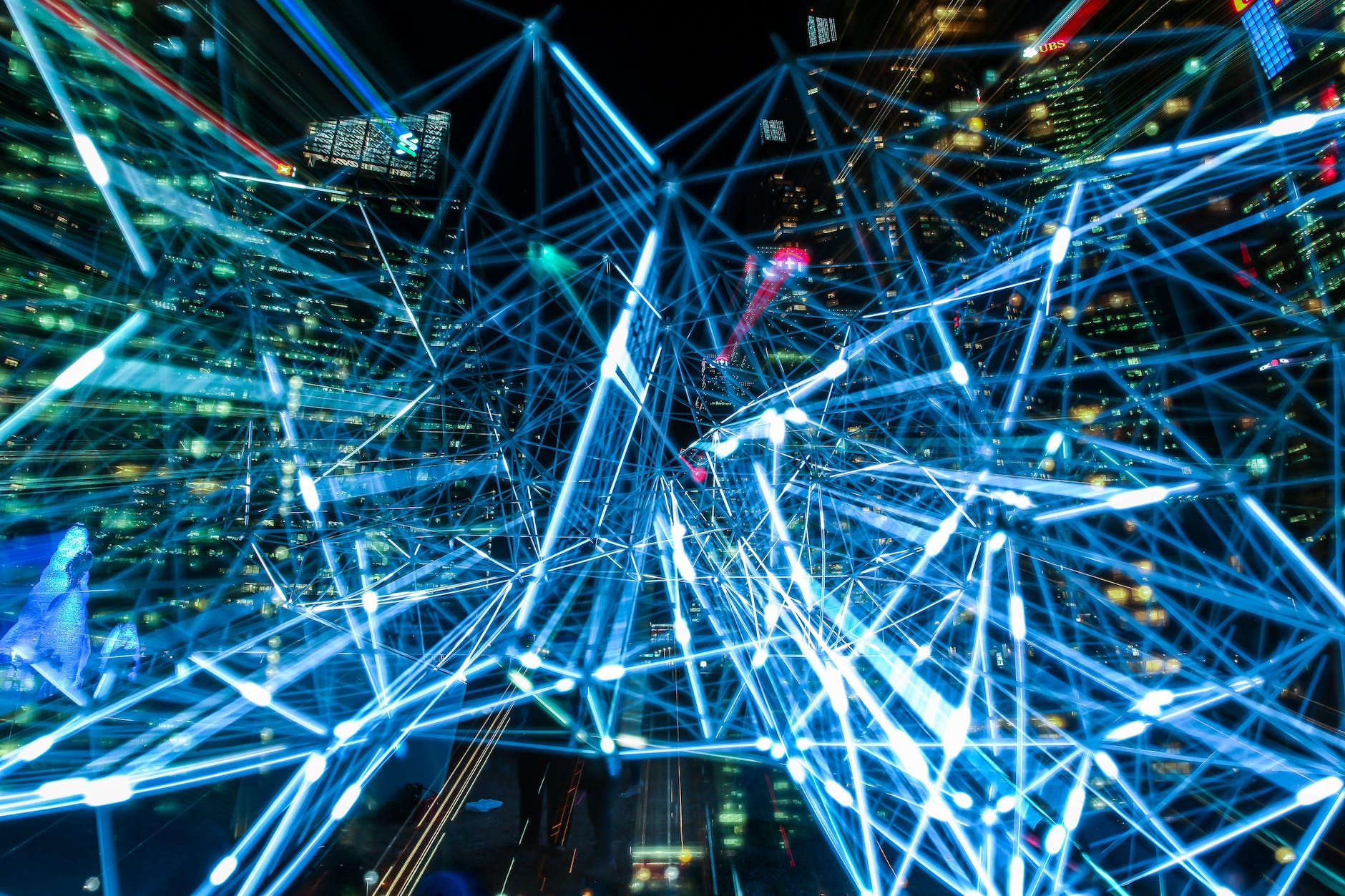Artificial Intelligence can Reduce the Capacity of the Brain? The use of artificial intelligence (AI) has become a hot topic of debate in the tech world, but there are still important questions that are lingering. For one, how will we measure AI’s intelligence? One answer comes from the work of French computer scientist Francois Chollet, who claims that the rate of intelligence is a function of the amount of experience that a system can accumulate. He argues that intelligent systems will be able to learn from a small amount of experience and use logical reasoning, mimicking the actions of a human being.
AI is also making its way into the medical field, and there are several companies already working on these technologies. These technologies have the potential to make the doctors’ jobs easier by helping them identify disease-causing agents earlier and more accurately. They can also assist in the diagnosis of patients, which will help them manage a long-term treatment programme more efficiently.
While some researchers worry that AI will reduce the human capacity to think, others claim that it will free up human brains to do more creative work. For instance, AI will automate repetitive tasks, allowing humans to devote more time to leisure activities, culture, and contemplation. This means that we’ll have more time for the things that matter most to us.
Some jobs will be replaced by AI, and we must ask ourselves whether we are prepared for that possibility. Currently, the average human works four to six hours a day without a break. A human’s brain needs breaks to replenish itself and recharge. Likewise, AI can make machines work twenty-four hours a day with no breaks. The main difference is that AI doesn’t get bored like a human does.
If we develop AI for good, we can use it to improve productivity and reduce human error. AI can also create new jobs. We should focus on the value rationality of AI when designing it. If we do, we can help our society and our economy. We should not let AI ruin our ability to think logically and rationally.
In order to understand how AI works, we must understand how humans think. We should not forget that the brain is a complex process that involves two layers of the brain. The first layer is the form of the thought and the second layer is the content. All of these layers are important in our thinking and are not fully understood by machines.
The concept of empathy is based on a psychological concept. Empathy is the ability to understand other living things’ emotions and thoughts. In order to understand others, we must understand their decisions, and our emotions. Our machines need to be able to process these emotional fluctuations and the corresponding psychological concepts in real time.
Read More: Science News
- Quantum Breakthrough: Room-Temperature Superconductivity Achieved

- India’s Cricket Fervor Hits Fever Pitch as World Cup Final Nears

- India Takes on Australia in the 2023 ICC Men’s Cricket World Cup Final

- Pharma Jobs: AIIMS Raipur Announces Direct Recruitment for 31 Pharmacist and Dispensing Attendant Positions; Applications Open till July 31, 2023

- Got Utkarsh Small Finance Bank IPO? Find Out NOW! Simple Steps to Check Your Allotment Status!

- Voltas and Zee Entertainment Lead as Volume Toppers in Stock Market; See High Trading Activity




